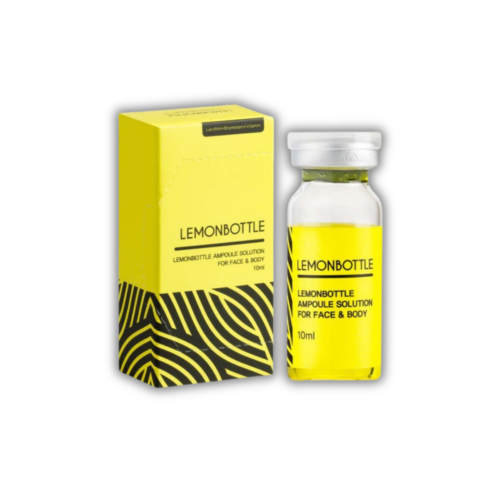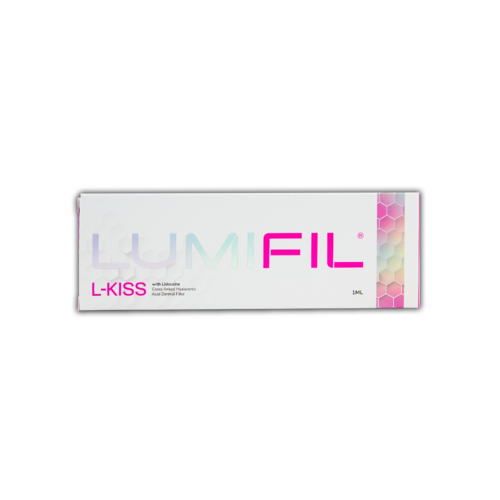Order by 3pm to Get Next Working Day Delivery
Save an extra 10%
-
HOT

Lemon Bottle ( 1 Vial )
£29.99 £24.99 ex. VAT -
HOT

Lumifil Kiss
£20.40 £17.00 ex. VAT
Subtotal: £17.00



You know how good it feels to wake up refreshed? Well, getting enough sleep does wonders for your skin, too! While you’re dreaming, your body is hard at work, repairing and renewing your skin cells. It’s also busy making new collagen and getting rid of all the stuff that can make your skin look tired and dull.
Without enough quality sleep, your skin can’t do its important nighttime work, which shows up as dark circles, breakouts, dryness, and even faster ageing. So, let’s discuss how getting quality sleep can improve your skin.
Let’s understand what happens during those nighttime hours, which can help you appreciate why good sleep is like having a personal skin care team working around the clock.
Cellular Repair During Sleep Cycles
As you sleep, your skin cells work extra hard to repair daily damage from things like the sun, pollution, and stress. Your body also releases growth hormones that speed up this healing process.
Collagen Production and Sleep
When you’re in a deep sleep, your skin produces most of its collagen, a protein that keeps your skin firm and elastic. You can think of collagen as your skin’s support system. If you don’t get enough sleep, this support system weakens, which can lead to sagging skin and wrinkles over time.
Blood Flow and Nutrient Delivery
During your sleep, blood flow to the skin increases dramatically, delivering oxygen and nutrients that skin cells need to stay healthy. This is why skin looks more radiant after a good night’s sleep.
Moisture Balance and Hydration
Your skin loses less water while you sleep and works to restore its natural moisture barrier. Without enough sleep, this process gets disrupted, which can leave your skin dry and flaky.
When you don’t get enough sleep, your skin is one of the first things to show it. Your face will quickly look tired and worn out.
Visible Signs of Sleep Deprivation
When you don’t get enough sleep, your eyes can look puffy and swollen because your body retains more water. You might also notice dark circles under your eyes as the blood vessels become more evident through your thin skin. On top of that, your entire face can appear dull.
Faster Ageing Process
If you don’t get enough sleep, your body produces less collagen, which helps keep your skin firm and smooth. Stress hormones released due to sleep deprivation can also break down existing collagen.
Skin’s Barrier Gets Weakened
Lack of sleep can also affect your skin’s protective barrier. This means germs can get in more easily, and moisture can escape, which can make your skin feel rough, irritated, and sensitive to products you used to tolerate.
Poor sleep doesn’t just make you look tired; it can exacerbate existing skin problems or trigger new ones. Let’s have a look:
Acne and Sleep Patterns: When you don’t get enough sleep, your body makes more stress hormones, which signal your skin to produce extra oil. This extra oil clogs your pores, creating the perfect environment for acne-causing bacteria to grow.
Eczema and Sleep Disruption: Poor sleep can trigger eczema flare-ups by weakening the immune system and increasing inflammation in the body. However, eczema also makes it difficult to sleep due to the itching and discomfort.
Rosacea and Sleep Stress: Not getting enough sleep can make your body more stressed and inflamed. Both stress and inflammation are big reasons why rosacea flares up. When you’re tired, your blood vessels dilate more easily, which makes the redness and flushing from rosacea appear even worse.
Slow Healing and Recovery: Any cuts, scrapes, or skin treatments take much longer to heal when you’re not sleeping well. Your skin’s repair system works best during deep sleep, so without it, even minor skin issues can linger for weeks instead of days.
If you want to enjoy a good night’s sleep, the following tips can help you achieve it. Here we share some practical ways:
You may also like to read: Teen Skincare – Educating the next generation
Good sleep is like a free beauty treatment that works every single night while you rest. When you make sleep a priority, you’re giving your skin the time to repair damage, produce new collagen, and maintain its health and glow. The best part is that you don’t need expensive creams or treatments – just consistent, quality sleep can make a real difference in your appearance.
Good sleep allows your skin to repair damage, produce new collagen, and maintain a healthy, glowing appearance.
Yes, insufficient sleep can lead to dullness, fine lines, dark circles, and a less vibrant complexion.
Beauty sleep” refers to the restorative process that happens overnight when your skin regenerates and repairs itself.
While products can help, consistent, quality sleep is a fundamental and free way to greatly improve your skin’s health and appearance.
Try to get 7-9 hours of quality sleep per night to give your skin adequate time for repair and rejuvenation.